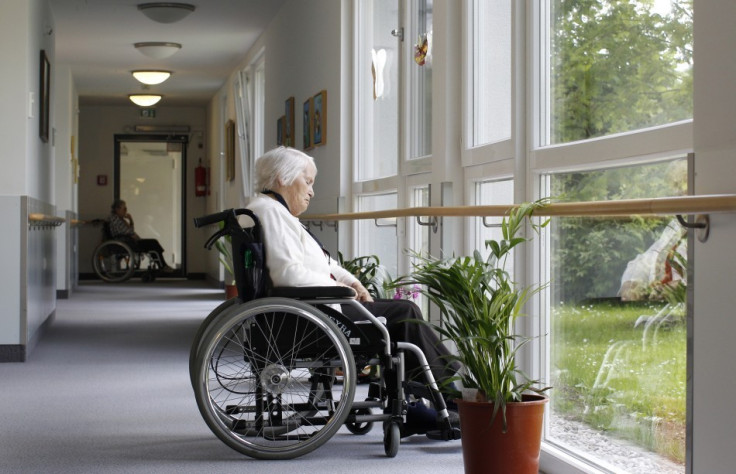Gene linked to ageing makes people's brains look 12 years older
More research will now be needed to study if variant makes people more susceptible to Alzheimer's.

Scientists have identified a gene variant responsible for accelerating brain ageing when people reach the age of 65. It may modify their risk of developing neurodegenerative diseases such as Alzheimer's.
Some genes are known to increase the risk of people developing Alzheimer's, such as the e4 version of the APOE gene. However, having it does not mean that people will automatically go on to develop dementia, just as its absence does not entirely protect them.
In fact when it comes to risk factors, the greatest appears to be ageing.
"We know ageing is the biggest risk factor for dementia, but we don't know precisely what it is about getting older that increases the risk. It's possible that something in the ageing brain changes and makes people more susceptible, but it's unclear what," Tim Shakespeare, research communications officer at the Alzheimer's Society, told IBTimes UK.
"It's an interesting question, which scientists are keen to investigate further."
Before it can be answered however, researchers must first improve their knowledge of healthy ageing.
In the study published in the journal Cell Systems, scientists from Columbia University Medical Centre have investigated what, on a genetic level, is driving healthy brain ageing.
Biology of the brain
They analysed genetic data from autopsied human brain samples taken from 1,904 people without neurodegenerative disease. The first step was to look at their transcriptomes (the initial products of gene expression). This gave them an idea of average brain biology at a given age.
Then individual transcriptomes were compared to the average transcriptome, focusing on 100 genes whose expression was found to increase or decrease with ageing. "This told us whether an individual's frontal cortex looked older or younger than expected," said lead author Dr. Asa Abeliovich.
Finally, they looked at the genome of the subjects, searching for an association between gene variants and an increase in differential age (the difference between the person's chronological and biological age, which indicates if their brain is ageing faster than average).
They found that a variant of the TMEM106B gene appeared linked to brain ageing. Around one third of people have two copies, while another third has one copy.

Having two copies resulted in people's frontal cortex appearing 12 years older, by various biological measures, that those who have two normal copies. The scientists hypothesised that this could potentially leave them more vulnerable to neurodegenrative diseases, although more research needs to be done on this particular topic.
"We were studying healthy individuals, so it is not about disease, per se," said Dr Abeliovich. "But of course, it's in healthy tissue that you start to get disease. It appears that if you have these genetic variants, brain ageing accelerates and that increases vulnerability to brain disease. And vice versa: if you have brain disease, the disease accelerates brain ageing. It's a vicious cycle."
Shakespeare concluded: "This study is helpful to understand ageing, but it is not yet clear how the findings relate to dementia. This gene – TMEM106B – appears to work separately to the well-known genes that can affect your risk of Alzheimer's disease. We would need further studies to understand more about this gene's role in ageing, and how it impacts people's thinking skills."
© Copyright IBTimes 2025. All rights reserved.






















